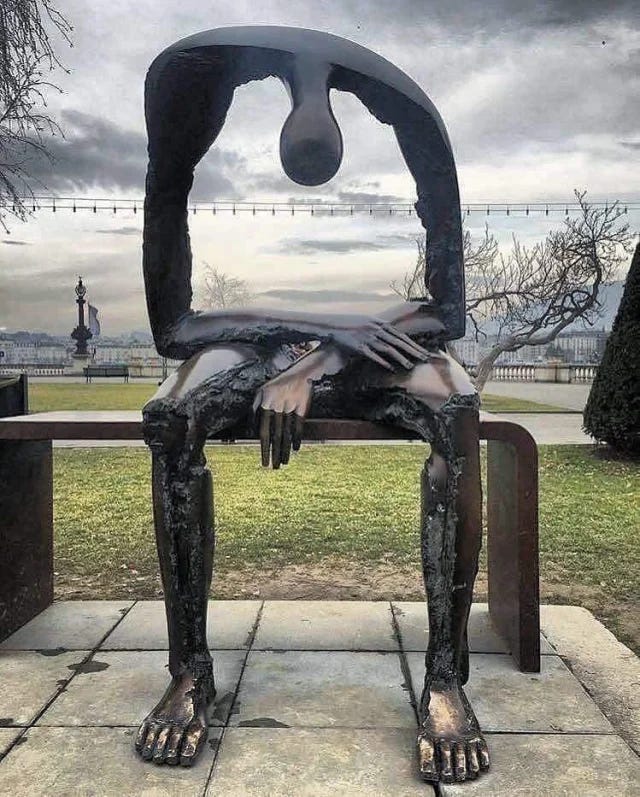Survivor
I became one 9 years ago today. But what does it mean?
When I hear the word “survivor,” my first thought is always of someone who has made it through a life-threatening ordeal, someone who stared death in the face and lived to tell the tale. But what about those of us who didn’t face that moment directly? What about those of us who lost someone we loved and are now left to navigate the wreckage? Does that make me a survivor, too? It’s a question I’ve wrestled with for some time now, and it has no easy answer.
By now you know that my daughter Alison was shot and killed on this day nine years ago. I wasn’t. I wasn’t there in that moment of terror. I wasn’t the one who was shot, who fought for breath, who saw the world fade to black. She was. So how can I claim the title of survivor when she’s the one who didn’t survive?
My first instinct is to reject the label entirely. A survivor, to me, is someone like Colin Goddard who was seriously wounded but lived through the shooting at Virginia Tech, or Kate Ranta who survived after her abusive ex shot her in the chest. They are like so many who carry the physical scars and the memories of that day with them forever. They are the ones who have truly earned that title. I am simply the one left behind, the one who has to figure out how to keep going when my world has been shattered. I didn’t survive the shooting. I’m surviving its aftermath.
But as much as I resist it, there is another side to the word “survivor” that I can’t ignore. In the Gun Violence Prevention (GVP) movement, I am often called a survivor, not because I was in the line of fire, but because I am living with the consequences of gun violence. I am a survivor of the loss, the grief, the anger, the relentless pain, and the bitterness that comes with losing a child in such a horrific way. I am surviving the day-to-day reality of a world without Alison.
There’s something to be said for this broader definition of survival. It acknowledges that the impact of gun violence doesn’t end with the pulling of a trigger. The ripples of that moment extend far beyond the immediate victims, touching the lives of families, friends, and entire communities. We are all survivors of a kind, navigating a world that has been irrevocably altered by violence.
In many ways, this kind of survival is harder to quantify. There are no physical wounds to point to, no clear evidence of what we’ve been through. But the emotional and psychological toll is just as real, just as deep. Every day, I wake up and face a reality I never wanted to know. Every day, I fight to keep going, to find meaning in a life that has been forever changed. Every day, I survive.
So perhaps I am a survivor after all. Not in the way I first imagined, but in a way that is just as valid, just as real. I am surviving the loss of my Alison, the grief that follows me like a shadow, the endless questions of what could have been. I am surviving the aftermath, the long, painful process of learning how to live again.
Not like my life used to be, but in a way that is just as important. I found a strength I didn’t know I had, a determination to keep going, to keep fighting, to make sure that her death was not in vain.
Surviving isn’t just about living through something. It’s about living on. And that’s exactly what I intend to do.




Inspiring. Living through and with the pain. Herculean in my view. ❤️
I am so deeply sorry for your loss and for the grief of too many survivors. Thank you for your courage to witness and strive to protect others from this suffering, pain and loss. Sending you strength and light, especially on this difficult day.